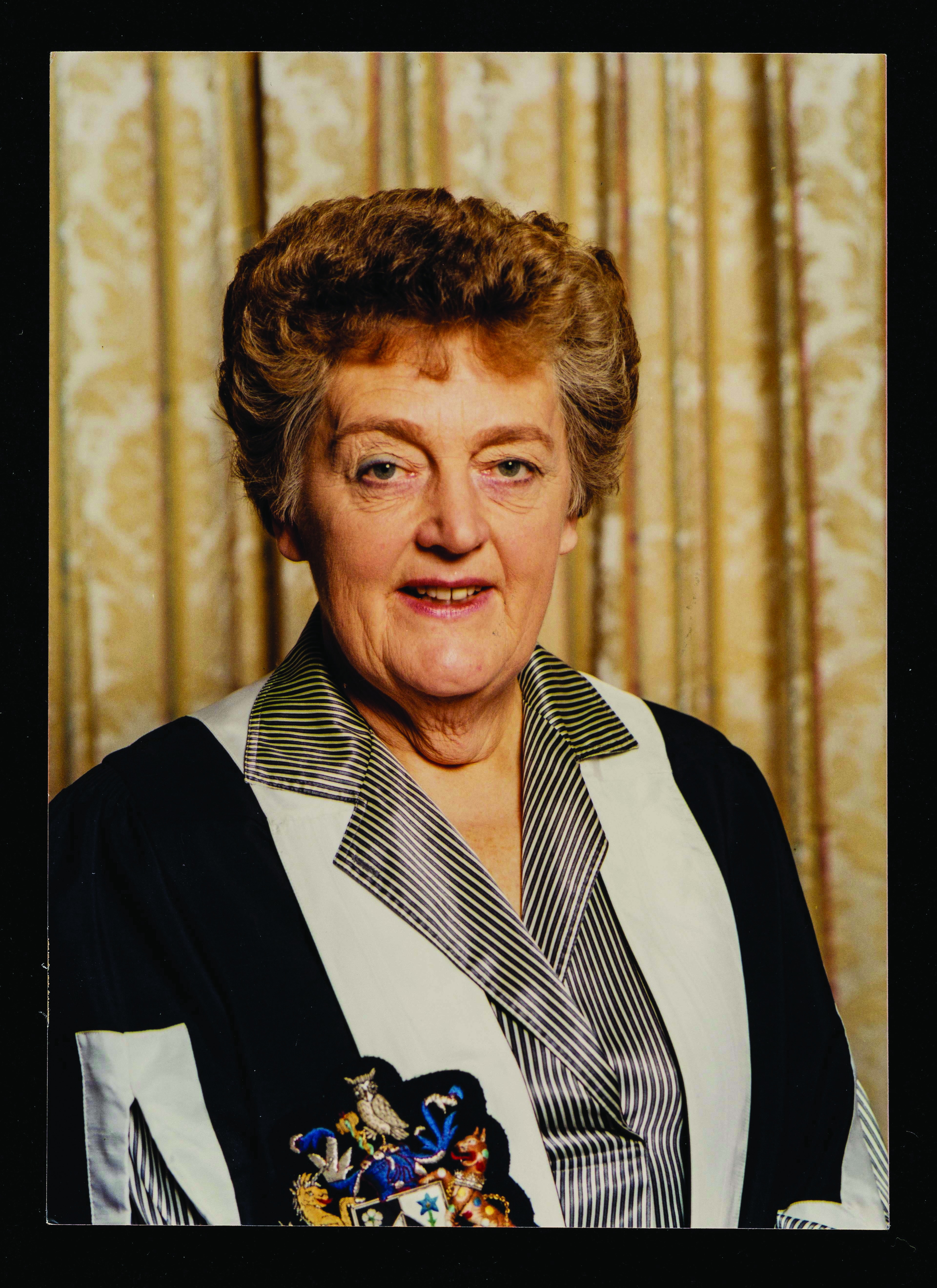The GPs who shaped NHS general practice: Dr (Mary) Mollie McBride


mollie mcbride
Dr McBride read medicine at Liverpool after her mother refused to sign the necessary form for her to be able to do civil engineering. She was just one of nine women among that year’s intake of 90 students, most of whom were de-mobbed ex-servicemen.
Newly married to a dentist, she initially worked in a country practice in Cheshire as an assistant in a rural practice, where the senior partner’s opening gambit was ‘Have you brought your own chloroform bottle?’ She then spent 20 years as partner at a practice in Chester, where she helped establish the city’s first modern health centre.
After serving as a member of the Mersey Regional Health Authority (one of the few GPs to ‘penetrate the RHA power structure’ as one tribute to Dr McBride put it), then an examiner for the RCGP and a member of her LMC, Dr McBride became the first female honorary secretary of the RCGP in 1989.
The introduction of fundholding had led to huge upheaval among GPs concerned by the move. Faced with an overflowing postbag, Dr McBride, who was remembered for her practical approach and having no airs or graces, treated the concerns of fellow GPs with warmth and compassion. Her five years in the post were remembered for their diligence and thoughtfulness.
Shortly after her appointment to the post, following the death of her husband, she fulfilled a long-held mutual ambition in moving to London and became a singlehanded GP in a deprived part of east London, with many patients who spoke little or poor English.
Here, by inviting them to visit her practice and others like it, Dr McBride persuaded top civil servants and NHS leaders to see for themselves health care provided from poorly resourced premises in struggling areas. She was a member of the Tomlinson Inquiry which highlighted the need to improve primary and community care in the capital.
Upon retirement Dr McBride returned to Chester and continued her interest in health and patient involvement, including being an active supporter of The Samaritans.
1990s
A continuing trend towards evidence based and preventive medicine is reflected in the 1990 GP contract (the ‘Red Book’), which intends to improve services and incentivise GPs through performance-related payments. Enforced by health secretary Kenneth Clarke, GPs become financially rewarded for collecting information such as height, weight and blood pressure of patients and for running health promotion clinics. The contract encourages part-time working and job-sharing roles; the number of part-time GPs rises, while the number of GPs working over the age of 60 falls.
The introduction of the internal market and GP fundholding means GPs have the freedom to develop new services and hold real budgets with which they can buy mainly elective and community patient care. They are given the right to keep any savings made. A locally negotiated personal services contract from 1997 allows GPs to be salaried, paid by the session, or to work as locums.









